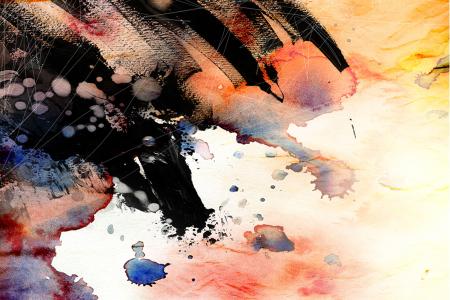Psychodynamic Therapy
Individuals form most of their inner impressions and expectations concerning themselves and others (representations) during the first three years of their lives. According to later experiences, some of these representations dwindle and change, but some others stiffen and become stronger. This plentiful relationship network in our inner world shows itself in our daily lives. Some of them as conscience decisions, some of them by restraining us. Constant fears, anxiety, apprehension, frustration, restlessness, anger and similar moods may be identified as short-circuits in the network. These complaints, in fact should be considered a kind of cry for help.
For the client who requests organization and permanent repair in the structure of personality, long-range analytic therapy is recommended. Analytic therapy with its continuous and regular nature makes it possible for the individual to examine his/her inner world and by getting in touch with past experiences, grasp their meaning. The client and the therapist work together and determine the elements in the client’s past which have blocked useful changes and thus make way to positive and constructive developments.
This therapy focuses on how the existing problems arose, and how the personal techniques developed to cope with those problems has harmed the individual. Works and practices are done on how these techniques will be corrected, developed and renewed. Attention is especially called on negative consequences caused by the individual’s habits or routines. The existing problems are dealt with basing them on the client’s past and past experiences. Later on, these problems are solved with the help of client’s own strong features and resources.
Analytic therapy is the collaboration of the therapist and the client. With the use of shapes and schemas, the client’s approach to problems is examined. In addition, notes that will contribute to this process are taken and shared with the client. Consequently, the client will be able to use what s/he has learned during therapy in long term on various fields in his/her life.
Analytical therapy can be applied for numerous problems and disorders, such as depression, anxiety, and relationship problems. After the experience of a successful Analytical therapy, the individual will be naturally free of old frustrations instead of making personal efforts to be motivated to feel better.
Releated Content:
Gestalt is based on what is experienced at the moment. Unlike other therapies, instead of searching for the unknown, it focuses on the existing. Furthermore, ...
Solution Focused Therapy is a 50-year-old method which focuses on accomplishing the desired targets that would be reached at the end of the therapy ...
Strategic Family Therapy came into being in the US in 1967 when “Brief Therapy Center” was founded. A new therapy model, which was change focused, ...
Expressive Art Therapy can be used both as a diagnostic tool and a treatment method. This therapy unites creativity and psychotherapy at the point where an ...





